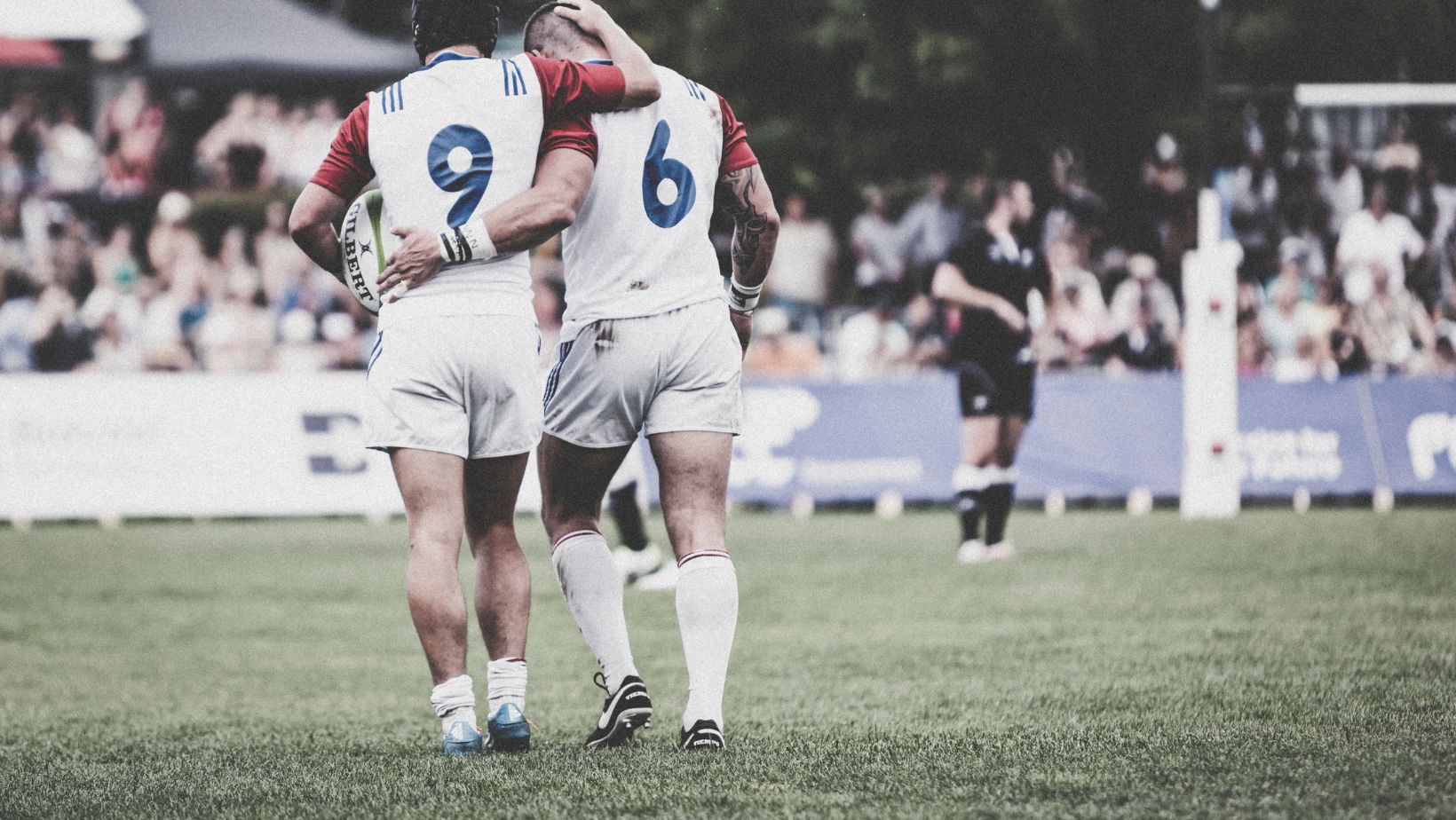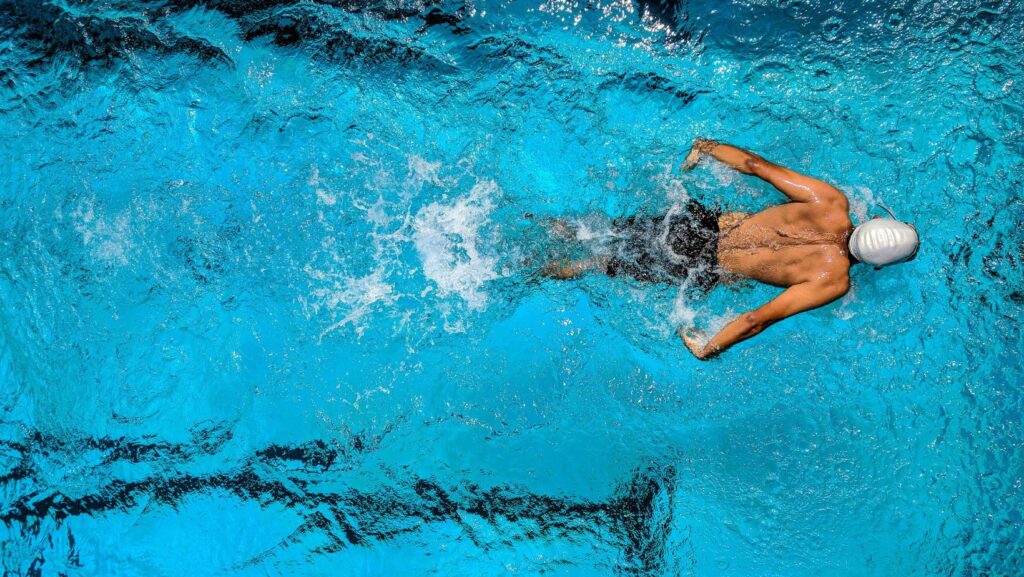Athletes at all levels, from beginners to professionals, face a significant risk of injury. Whether it’s a pulled muscle, a sprained ankle, or something more serious, sports injuries can halt training, disrupt performance, and even threaten long-term health. Preventing these injuries is critical for maintaining both short-term gains and long-term fitness.
Fortunately, adopting some core habits can help athletes minimize the risk of getting hurt. By integrating these habits into their daily routines, athletes can protect their bodies and keep performing at their best. However, If injuries occur, it’s always wise to consult a Sports Medicine Specialist in Tennessee for proper diagnosis and treatment.
Prioritize Warm-Up and Cool-Down Routines
The most basic injury prevention technique is to warm up before each training session or game and cool down afterward. Neglecting such steps results in strains, muscle stiffness, and poor performance in general. This is because warm-up helps increase blood flow to the muscles, thus making them more pliant and prepared for rigorous exercises. A light jog, dynamic stretches, or mobility exercises are helpful in gradually loading the body for the demands of the sport.
Cool-down is as essential as warm-up as it helps relax muscles after the activity. Stretches after the workout help avoid muscle soreness, which will always lead to some form of imbalance and possible injuries in the future. They also help gradually bring the heartbeat rate back to normal and enhance recovery so athletes feel fresh for the next session.
Maintain a Balanced Diet and Stay Hydrated
Training is essential for athletes, but sometimes they need to realize how much nutrition and hydration play a role in avoiding injuries. Proteins, vitamins, minerals, and fats are essential nutrients required to repair the muscles and other tissues in the body. Adequate nutrition means the body has the necessary material to develop muscles and recover from possible microtrauma produced by high effort.
Another factor that has been identified is hydration. One of the significant effects of dehydration is muscle cramps, dizziness, and fatigue, all of which are known to cause injuries. Athletes must take water or other electrolyte-containing products before, during, and after exercise training sessions. Athletes should also ensure they get enough carbohydrates for energy and proteins for muscle repair, especially when they have exercised for a long time or at high intensity.
Strengthen Core and Stabilizing Muscles
It is also crucial to address athletes’ core and stabilizing muscles, even though many train the major muscle groups, such as the legs for runners or the upper body for swimmers. These muscles are the abdominal muscles, lower back muscles, and hip muscles, which are responsible for balance and control during movement. Lack of strength in these muscle groups results in poor posture, and incorrect exercise execution, one is likely to develop bad form and compensating movements that can lead to injury.

Training exercises such as planking, bridging, and rotational movements can also enhance stability and coordination during training. Wearing an ice hockey hoodie during workouts can provide comfort and flexibility, keeping athletes warm and focused. Proprioceptive muscles decrease the stress on bones and ligaments, enabling athletes to transfer energy more effectively and coordinate their movements, dramatically reducing the chances of injury.
Exercise Hard and Rest Well
The golden rule is that rest is as important as training. The adverse effects of overtraining include fatigue, muscle soreness, and higher susceptibility to injuries. Recovery time is necessary for muscles to recover and strengthen so conditions such as tendinitis or stress fractures do not occur.
Rest, especially sleep, is vital for the body’s restoration. REM is also known to be the period during which the body heals damaged tissues and produces growth hormones needed for muscle growth. Those who dedicate time to getting 7-9 hours of quality sleep are sharper and do not get as many overuse injuries as athletes who neglect to get enough sleep.
Other forms of exercise are also recommended, including moderate-intensity exercise and active recovery activities like swimming, yoga, or cycling. These help maintain blood circulation and provide rest from rigorous exercises while assisting muscle relaxation.
Listen to Your Body
In athletic culture, one is taught to ‘work through the pain,’ but it is essential to understand that pain in the body is not always an indication of an injury. It is also true that ignoring pain can lead to what could have been a small problem becoming a big one. Pain present in the muscles, rigidity, or even stinging sensations might also be a sign of overworking or an injury looming in the near future.
The athletes should not ignore any of these signs but instead act upon them early, through resting, stretching, or consulting a professional. Listening to the signs the body is giving is helpful because a minor injury can be aggravated to a level that needs weeks or even months of rehabilitation.
Incorporate Variety into Training
Repetitive movements are some of the main culprits of overuse injuries, particularly in sports where an athlete must execute the same movements repeatedly. For instance, runners are likely to experience shin splints or knee problems resulting from the stress of running, while swimmers are prone to shoulder problems due to repetitive overhead movement.

Incorporating cross-training into an athlete’s schedule will help eliminate the repetitive movement patterns of certain sports. Exercises such as swimming, cycling, or strength training involve other muscles and help reduce the strain on the overworked muscles. It also helps enhance general fitness and avoid cases of repetitive strain injuries.
Regularly See a Sports Medicine Specialist
Despite all these measures, accidents are bound to happen occasionally. This is where periodic visits to a sports medicine specialist can be helpful. These professionals can see things the athlete may overlook, such as muscle imbalances, improper mechanics, or minor injuries that could become big if not treated.
Conclusion
Sports injury prevention is not just limited to stretching or the consumption of a proper diet; it is a holistic concept in which athletes must be meticulous about their training, recovery, and general health. Athletes should adopt the seven habits mentioned above to reduce the chances of getting injuries, leading to a longer and healthier career in sporting activities. Athletes can control their health and nutrition and know when to consult a sports medicine specialist to help them.
